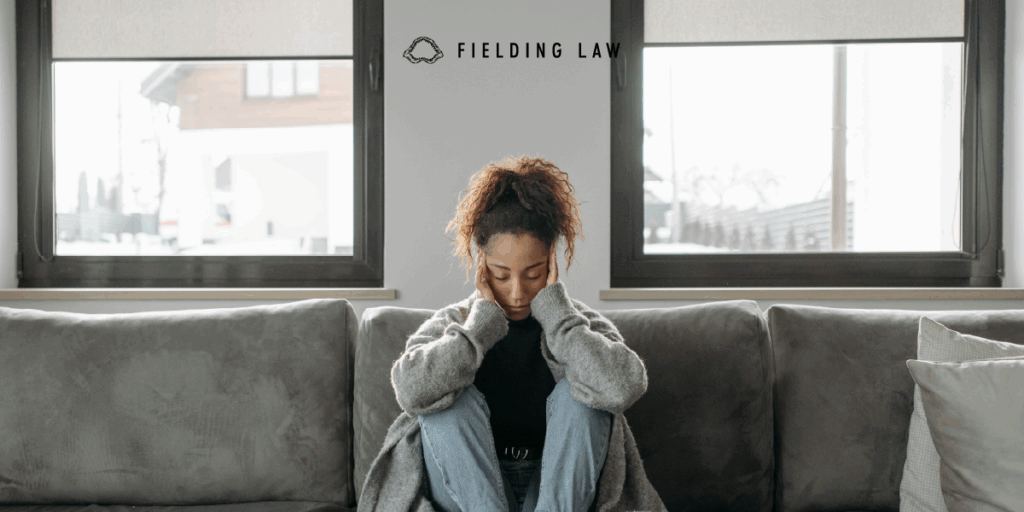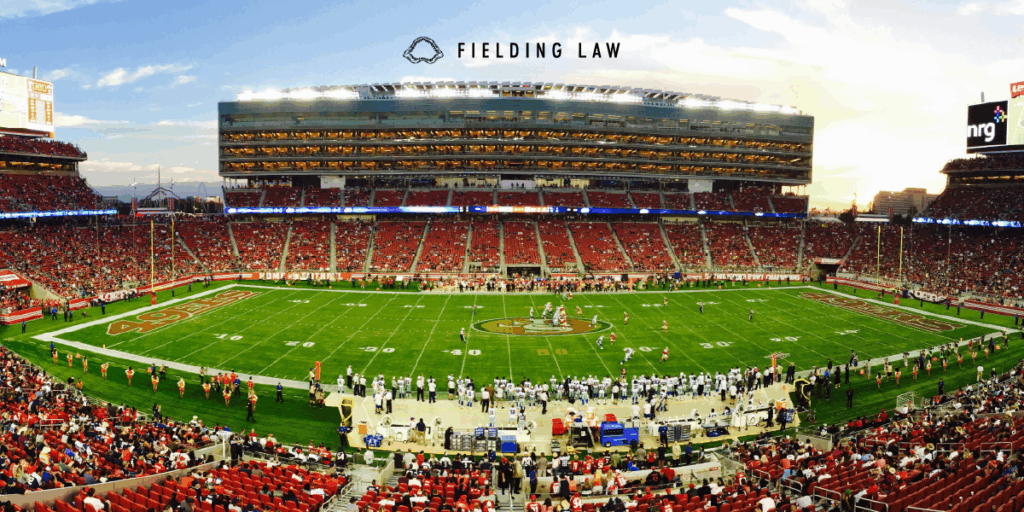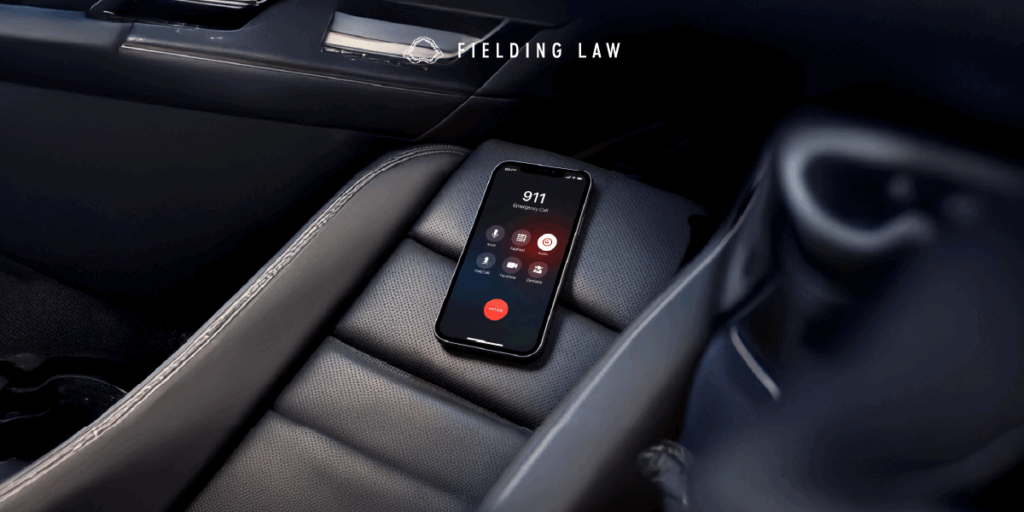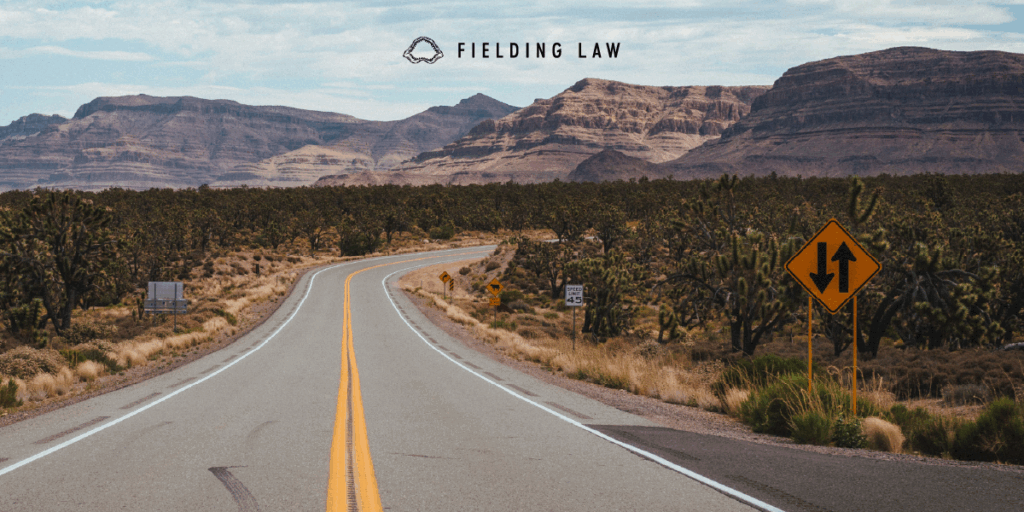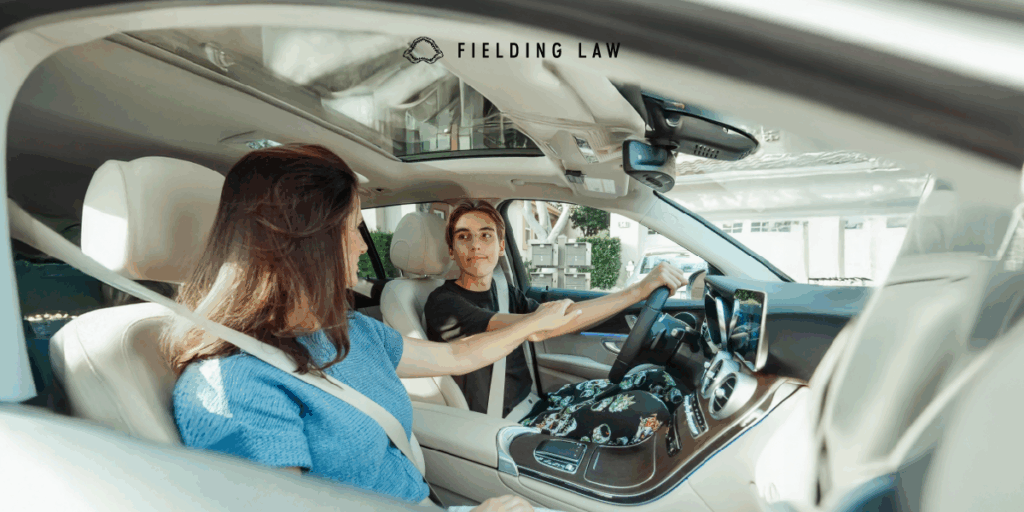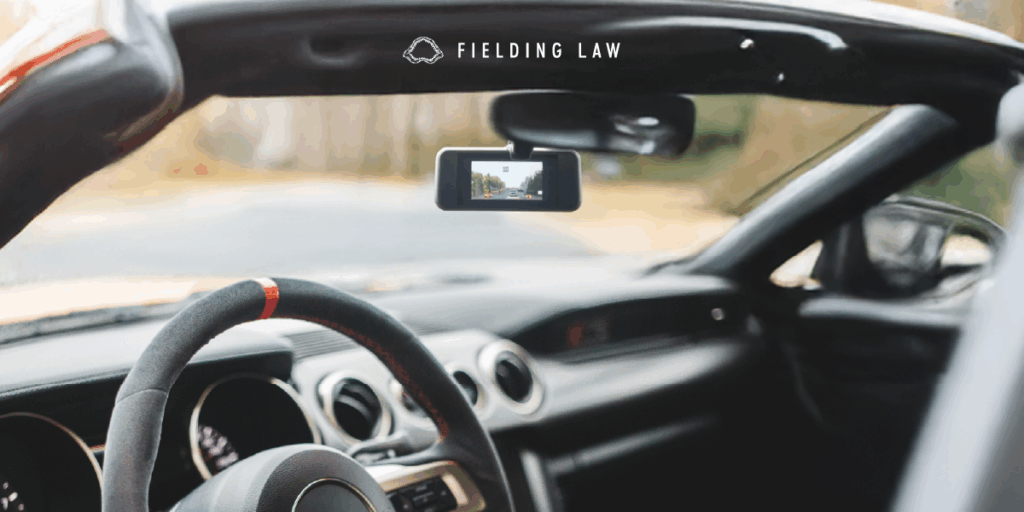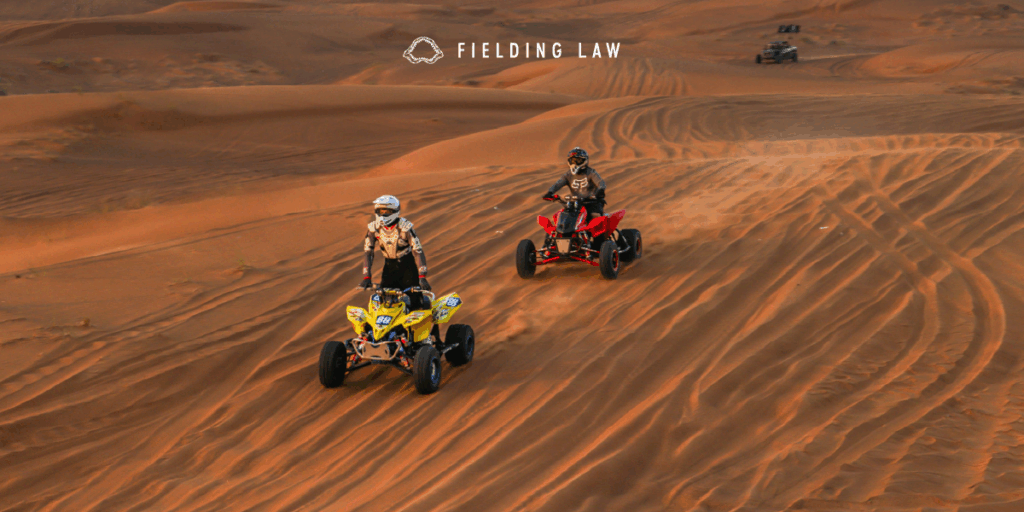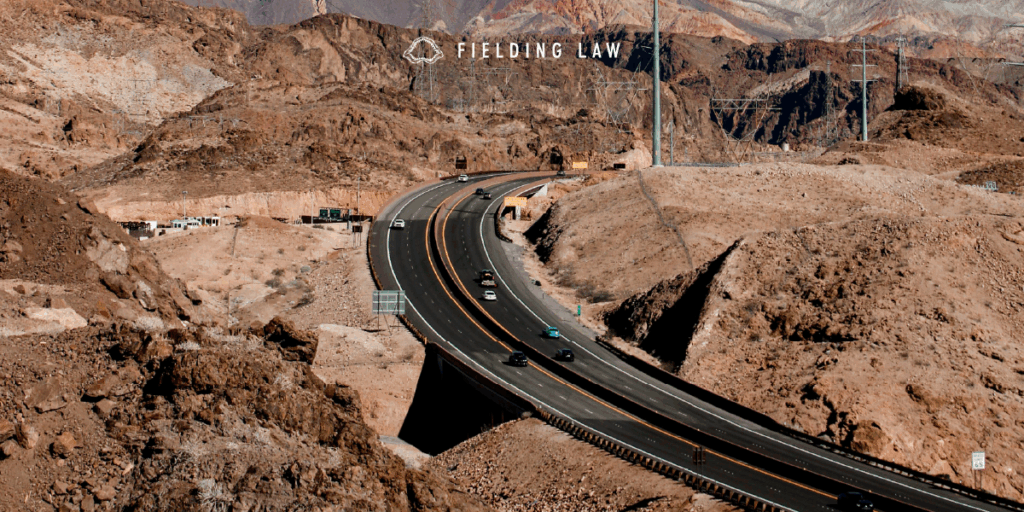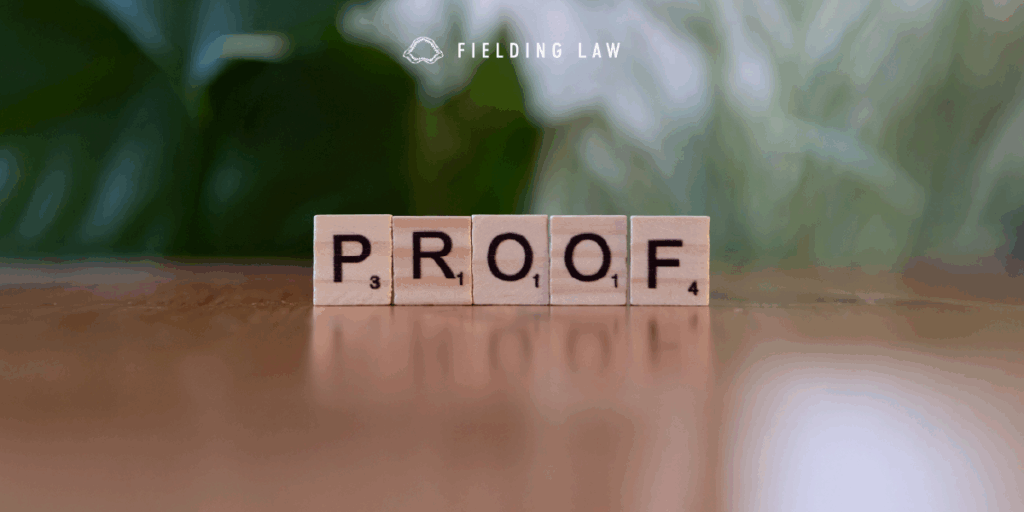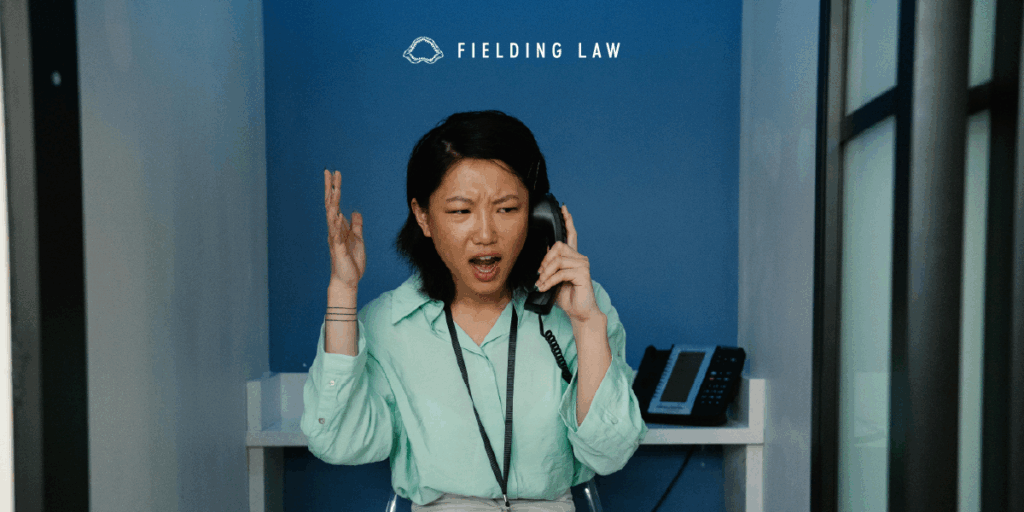
Why Adjusters Use Victim Shaming
You pay for insurance hoping you never need it. However, after an accident, some insurance adjusters try to pressure you into settling quickly. For example, they may say your injuries are minor, suggest limiting your treatment, or warn that they will fight you if you try to get full compensation. This tactic, called victim shaming by insurance adjusters, is meant to make you doubt yourself and take less than you deserve.
Common Tactics Adjusters Use
Adjusters often act right away. They may:
-
Claim the accident could not have caused serious injuries.
-
Call the collision “low impact” or “minor” to make injuries seem small.
-
Encourage you to limit medical treatment.
-
Pressure victims without lawyers, and sometimes even those with attorneys, into quick settlements.
-
Suggest that pursuing full compensation is unreasonable and will trigger an aggressive defense.
Because of these tactics, victims often question their injuries, their treatment, and even their right to hire a lawyer.
Why These Tactics Are Dangerous
Even small accidents can cause serious injuries that appear days or weeks later. Unfortunately, adjusters know this. Therefore, victim shaming is not about fairness or safety—it is about reducing payouts.
Without legal help, victims may feel pressured, guilty, or confused. As a result, they often accept far less than they deserve.
How Fielding Law Protects You
At Fielding Law, we guide clients through the entire claims process. For example, we:
-
Carefully document all injuries and treatments.
-
Handle communications with adjusters so clients are not pressured or shamed.
-
Fight for fair settlements that reflect the real impact of the accident.
Why Hire Fielding Law
When you hire Fielding Law, you get experienced advocates on your side from the start. We make sure insurance adjusters cannot intimidate you. We also help you get the medical care you need and work to secure the compensation you deserve. Most importantly, we let you focus on recovery instead of dealing with victim shaming or harassment.
Call 833.88.SHARK to speak with our team and get the support you deserve.
Note: Information provided is for educational purposes and does not constitute legal advice. Always consult with a qualified attorney for legal concerns.
